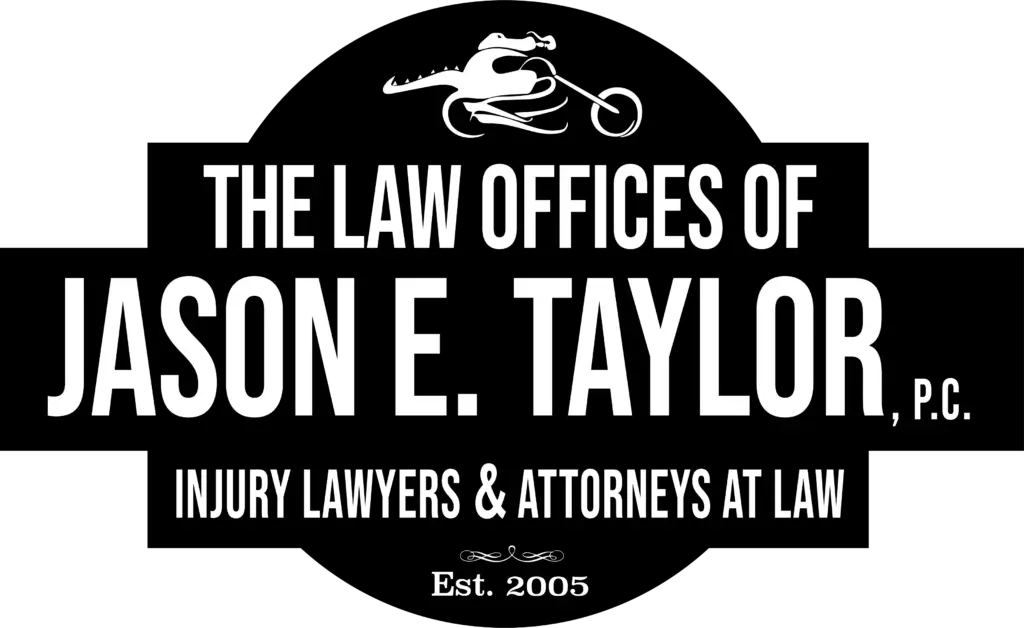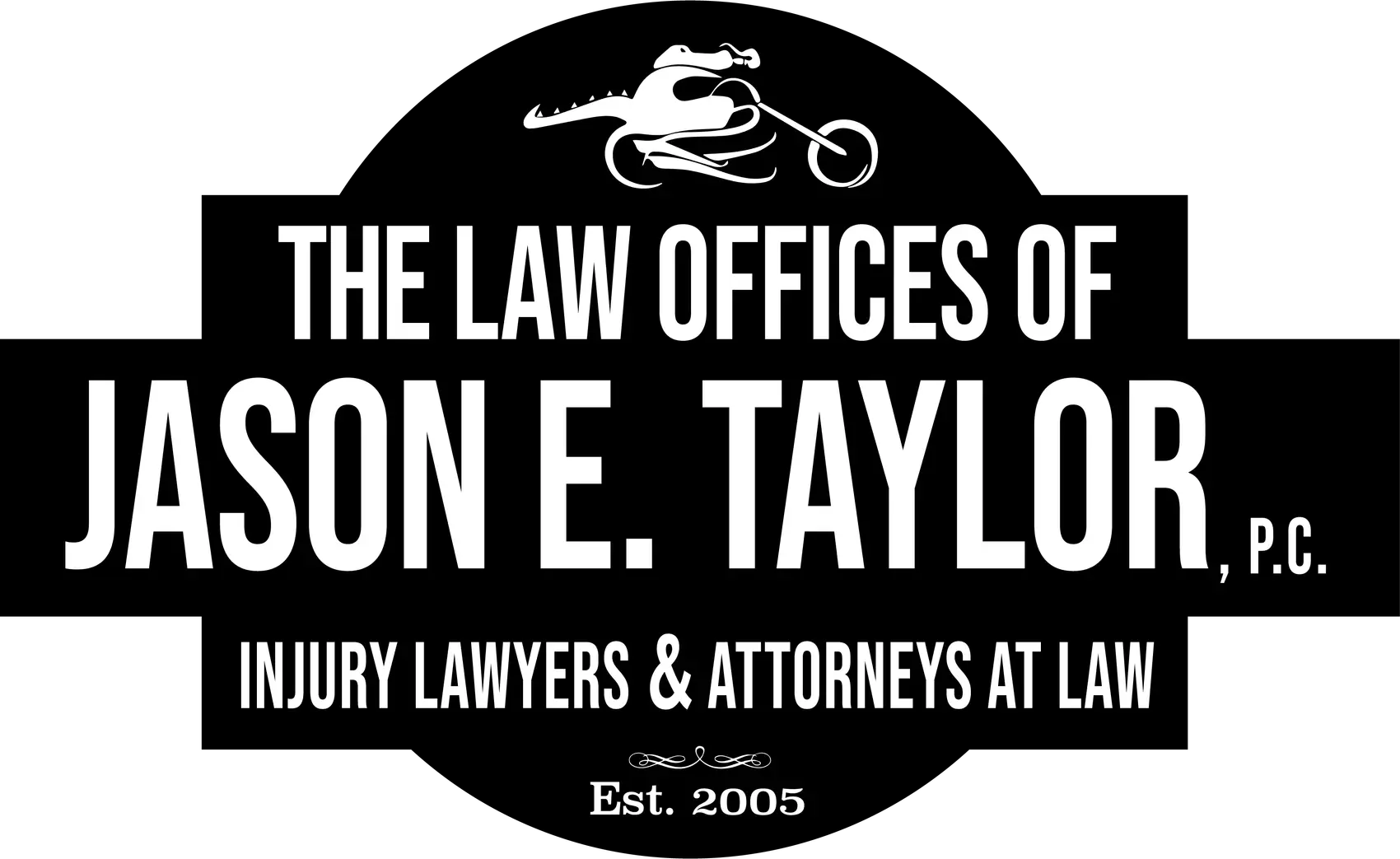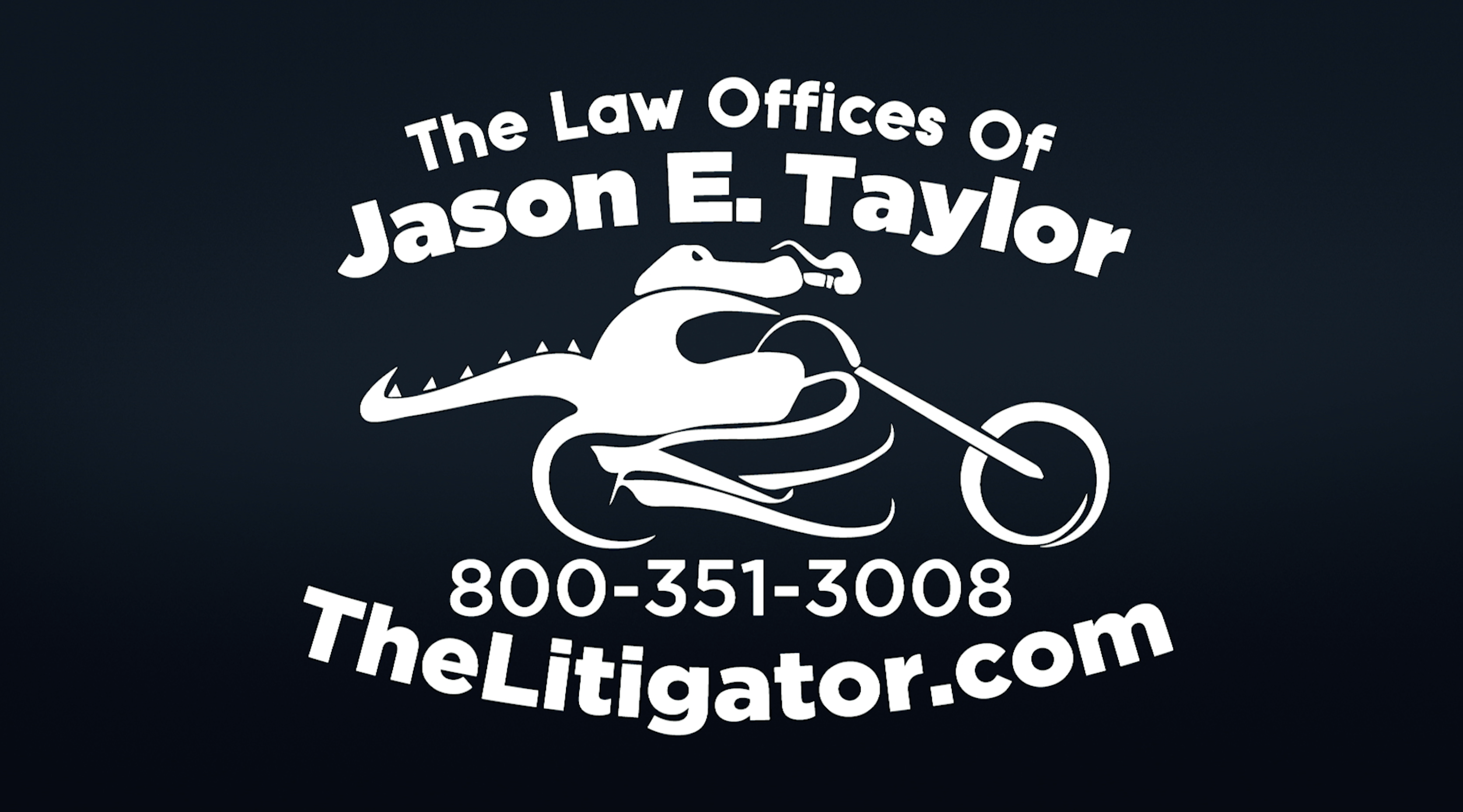The following are some of the reasons why an insurance company may deny a claim:
The injury was not reported in a timely fashion:
Employees are required to give notice of their injury to their employer promptly. While this makes sense, as an employer has a right to investigate an injury claim, insurance companies and employers sometimes use this as a basis for denial even when the employer knew about the injury. They will cite the fact that no official report was completed to mean the injury was not reported. Sometimes an employer does not have a policy on reporting injuries, and may even know there was an injury, but their insurance company still denies a claim.
Employees should follow company policies and always get something in writing (even a text or email) proving notice to the employer. The law clarifies that if an employer has actual notice, denial of the claim for lack of formal notice is unlikely to succeed.
Also, sometimes an accident injury seems minor at first, only to become more severe after a bit of time passes. Often workers, out of pride, try to “tough it out” or not upset their employer by making a claim, only to eventually be in such pain that they need care.
Unfortunately, an employee who fails to report an injury immediately to avoid upsetting their employer, avoid looking weak, or because they think it is “no big deal” might find themselves in a difficult situation when they do want to make a claim. And relying on the fact that co-employees – even a supervisor – witnessed an injury as protection in case they later have to seek treatment is not a wise move. Co-workers become afraid to get involved or may have witnessed less than what the injured employee thought they did.
Injured employees should never drop a claim because the insurance company or employer says they failed to give proper notice. A skilled and aggressive workers’ compensation attorney can help an injured employee fight an unfair denial for lack of notice, and injured workers should seek such an attorney as soon as they become aware that the employer and insurance company will argue a failure to give proper notice of an injury.
The claim was not filed on time:
Injured workers must file their workers’ compensation claims timely since waiting an extended period to report a claim is unfair to an employer. For example, if an employee waits two months to file a claim after getting medical treatment on their own, it is tough to confirm if they were indeed hurt at work and that their injuries were from any work accident. Again, while this makes sense to anyone, insurance companies and employers might try to abuse this defense, punishing unsophisticated employees.
Employers may also lead an employee to believe a claim is filed, and there is no need for them to do anything further, only to deny the claim later. Even where an employer is unaware of what they need to do after a work injury comes to their attention, an insurance company may still argue that the employee failed to file a claim on time.
Failed drug or alcohol test:
The North Carolina Workers’ Compensation Act allows insurance companies and employers to deny workers’ compensation claims where intoxication due to drugs or alcohol is the cause of the injury. Accordingly, most employers require a drug test immediately after an injury – or as soon as possible if one cannot be obtained right away. While the defense of intoxication seems straightforward enough, the reality is more complicated. The law clarifies that it is the employer and insurance company’s burden to prove an injury was caused by the injured worker being intoxicated or under the influence of drugs. A worker could indeed be intoxicated, but that not be the cause of their injury (for example, they are standing at a worksite where they are supposed to be, and a vehicle strikes them). Likewise, although alcohol intoxication and its resultant impact are fairly easy to determine using DUI laws and established science, it is not clear for many other substances. Traces of marijuana can remain in a person’s system long after use, but not be indicative of “intoxication” or adversely affecting a worker such that they hurt themselves. Injured workers may also take a prescribed medication only to find out after they are hurt that the insurance company is denying their claim for being under the influence of drugs. Sometimes the employer knows about the prescription and raises no concerns before an injury occurs. Employees also rely on their doctors to prescribe medications and have no way of knowing that certain medicines might raise an issue if they are hurt – whether they really helped cause an injury or not.
Drug tests are not perfect, the people who administer drug tests are human, and mistakes can be made. Or more reliable testing is not done after an initial screen at the emergency room when an injured worker cannot be tested using these more reliable methods. The fact is, many workplace injuries are not straightforward – like a drunk employee causing a car wreck and being injured in the same. Many claims denied based on a positive drug test may indeed compensable. Still, a positive test will almost always be denied – even though it is the employer’s burden to prove the employee was intoxicated, and that the intoxication caused the injury.
Record Statement:
After an employee is injured, the insurance company will ask for a recorded statement to determine what happened and what injuries the employee suffered. However, recorded statements are also a mechanism that insurance companies might use to confuse or trick injured employees into making statements that hurt their claims. These statements are often taken when an injured worker is in pain or on medication, so they cannot focus and concentrate. Some workers answer questions without understanding them. The phone connection can be poor, and the questions and answers unclear. An injured worker may forget prior accidents or injuries, which insurance companies might argue indicates they are not being honest, thus their injury claim suspect.
Rest assured, insurance companies will seek to obtain recorded statements, not just to find out what happened but to find any means to deny a claim.
Medical Causation:
Despite lacking a medical degree, some insurance adjusters will decide on their own what injuries are or are not related to an accident or to the work the employee was performing. Prior injuries to the same body part or the existence of degenerative conditions pre-existing the injury are frequently used to deny claims, although the injured worker was doing fine before the work injury, and an aggravation of a pre-existing or degenerative condition may be compensable. Insurance companies and employers might also argue that an injury is compensable but the injured worker does not require more treatment, or that they are not disabled from working due to an injury.

Contact The Law Offices of Jason E. Taylor
The Law Offices of Jason E. Taylor can help injured workers understand the reasons for the denial of their claim, assist them in deciding whether or not to pursue a claim, and determine the best course of action to fight the denial of a claim. Insurance companies sometimes reject as many claims as possible to protect their bottom line, and employers might try to avoid reporting claims to keep their premiums low.
Injured workers deserve to have an experienced and skilled advocate in their corner when insurance companies and employers unfairly deny their claim. The attorneys at The Law Offices of Jason E. Taylor will guide their clients through the process of fighting the denial of workers’ compensation claims, aggressively battle to obtain the benefits to which injured workers are entitled under workers’ compensation laws. And even where the denial of a workers’ compensation may be justified, the attorneys at The Law Offices of Jason E. Taylor can help injured workers determine if they may have additional legal remedies, such as a civil claim against a third-party responsible for the accident.
To speak to a representative about your options following the denial of worker’s compensation, please contact our operator today by calling (800) 351-3008.
Concord Office:
130 Church St NE
Concord, NC 28025
Phone: (704) 787-9419
Toll Free: (800) 351-3008







